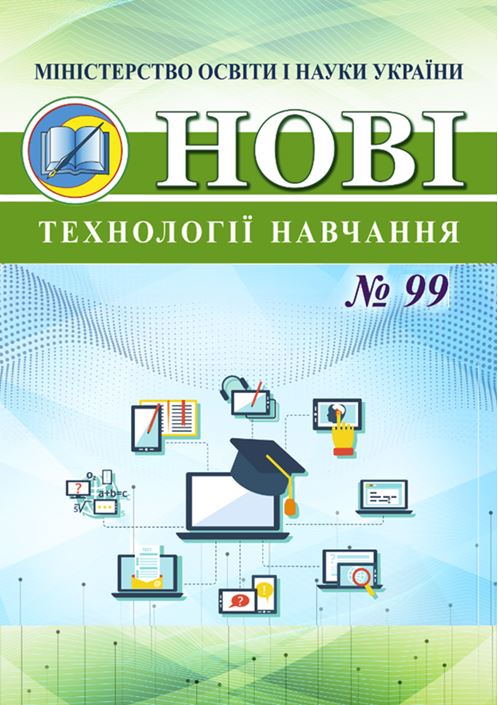Actual problems of using digital technologies in the professional training of future primary school teachers
DOI:
https://doi.org/10.52256/2710-3560.2025.99.19Keywords:
digital technologies, digital literacy, digital skills, professional training, primary school teacher, higher education institutionAbstract
The article analyzes the concept of «digital literacy». It is noted that this concept includes a system of cognitive, social and technical skills that guarantee the quality of human existence in the digital environment.
It is noted that digital skills are well-established, automated behavioral patterns based on knowledge and skills in the use of digital devices, communication programs, and networks to access information.
The article analyzes the educational components that are part of the educational and professional program «Primary Education and English Language» of the second (master's) level of higher education, which is implemented at the Ivan Franko Zhytomyr State University.
It has been established that digital technologies help the future primary school teacher to: prepare effective teaching materials; create interactive curricula; increase student participation in the learning process; use modern teaching tools to develop students' language skills. The WebQuest stimulates cognitive activity, communicative activity (the desire to communicate, share one's thoughts and impressions with others, especially with colleagues), and, of course, creative activity (creating, inventing, trying). The advantages of using the Plickers app are highlighted: Plickers is an excellent tool for frontal surveys, as well as for individual students (to understand what students have learned during the lesson and what they have not); Plickers allows primary school teachers to receive data on the formation of student or class competencies in real time, leaving no time for cheating, etc.
Digital technologies that can be useful for primary school teachers are highlighted: tools for creating educational materials (Powtoon, Prezi), platforms for managing the learning process (Google Classroom, Khan Academy), tools for creating interactive tasks and assessments (Quizlet, Kahoot, web quest, Plickers, QR code), tools for communicating with students and parents (Slack, Remind).
Downloads
Published
How to Cite
Issue
Section
License
Copyright (c) 2025 Світлана Яценко

This work is licensed under a Creative Commons Attribution-NonCommercial-ShareAlike 4.0 International License.
Із зазначенням авторства - Некомерційна - Розповсюдження на тих самих умовах 4.0 (CC Attribution-NonCommercial-ShareAlike 4.0)







